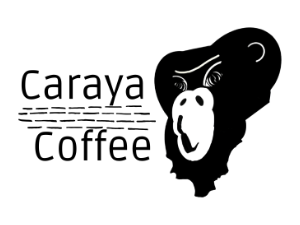Sustainability
See here for some examples...
Coffee is not the most sustainable product per se. It is shipped halfway around the globe to be roasted 10,000 km away from its origin. We strive to be sustainable in as many aspects as possible with our coffee. The beauty of direct trade is that we have a direct exchange with our coffee producers in Bolivia and there is nothing in between that we can't monitor for sustainability. It is in our hands. Sustainability starts at the source.
See here for some examples...

Cultivation in mixed crops
Our coffee plants are grown in mixed crops. This means that crops and shade trees are planted together with the coffee plants. This has several advantages
- The nutrients in the soil are better preserved than in monocultures.
- The leaves of the other plants, such as trees, serve as natural compost for the coffee plant.
- In addition, birds and other animals that rest or forage in the trees approach. Their droppings also serve as natural fertilizer for the lower growing coffee.
So there is no need to use synthetic fertilizer. The green coffees we source from the cooperatives are grown exclusively in such mixed crops. Avoiding clearing also prevents soil erosion, as the trees strengthen the soil through their roots.

Preparation with less water
The water used to make coffee is quite a lot. One cup of coffee usually requires around 130 liters of water! Most of it already in the origin. This is because the coffee cherries are soaked in water during the normal process to loosen the pulp and then pressed through a so-called wet mill, where a lot of water is also used. We encourage our coffee producers to use other processing methods that use less water: natural, also called dry processing, or honey, a semi-dry processing.
Natural means that the cherries are dried with their pulp in the sun, and only when they are so dry that the pulp can be removed without problems, is it removed. In the Honey method, the cherries are still washed and soaked, but then they are also dried completely in the sun with the pulp left behind. In our first container, almost 20% beans are already planned with dry processing methods. And we want more! The coffee definitely tastes different than the washed. Some like the fruity and sweet notes of naturals, others don't. But it is more sustainable in any case!

Social responsibility
We know our coffee producers, the local concerns and problems, the infrastructural challenges in Bolivia. It is our mission to trade on an equal footing, which means:
- A fair price for our coffee producers, independent of the stock market. In the medium term, this also means a price that reflects the real production costs.
- Independence from seals and certificates (see our article in the blog on FAIR TRADE).
- A responsibility towards our producers to support them with our resources in the future, beyond trade.
- Commitment: we commit ourselves to regular exchange and feedback. We want to know how the harvest is going, what is not going well and what we can do better next time.
